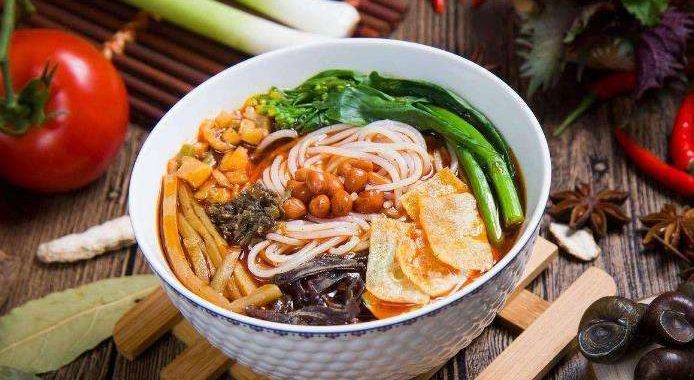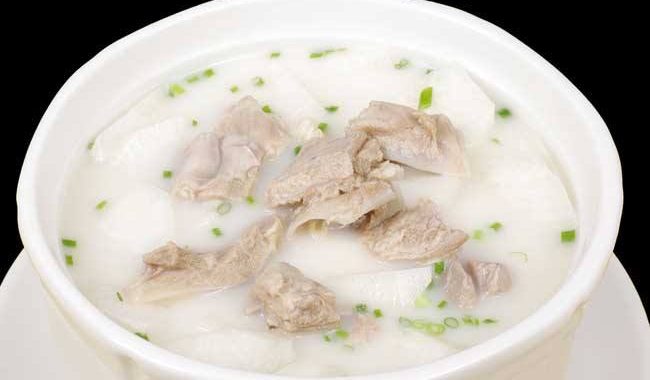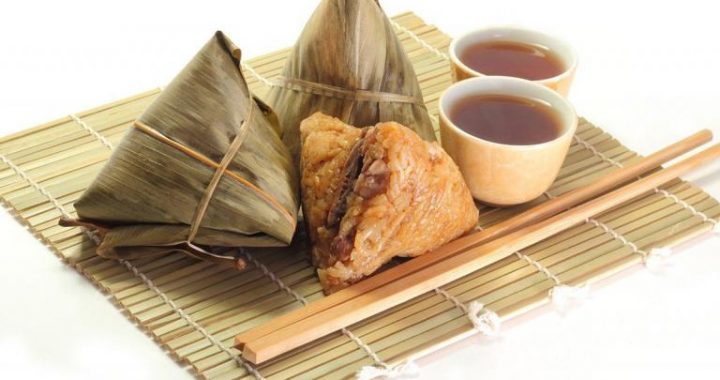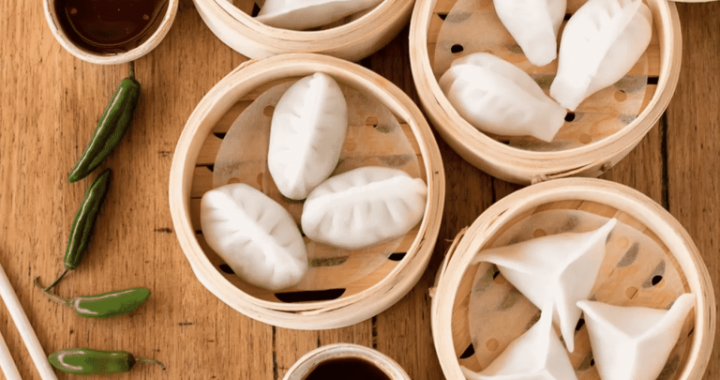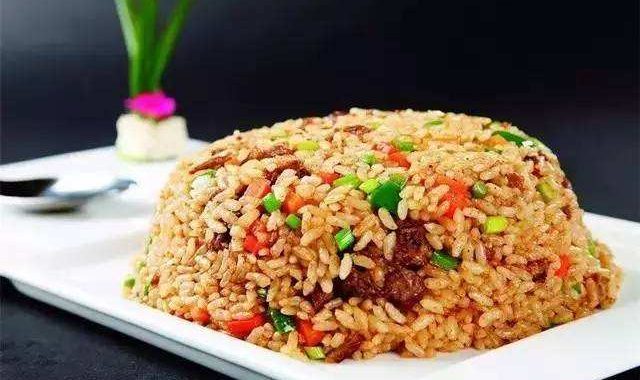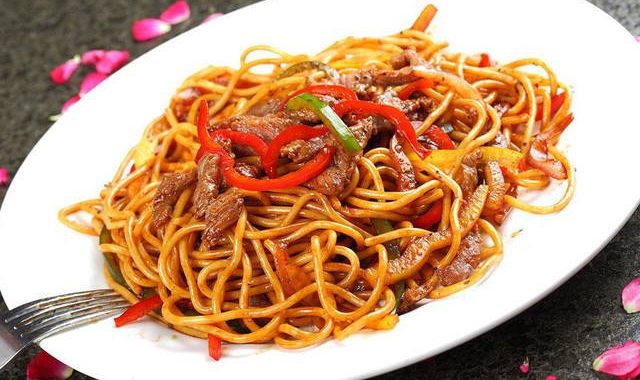FISH
2 min readIn China, fish is considered to be one of the most wholesome foods. Fish is also considered to be a symbol of wealth and abundance; the word for fish (yu) is pronounced just like the word meaning “abundance.” The golden carp, or goldfish (yu jing), is particularly auspicious because the word sounds similar to the words meaning “abundant gold”—hence the great number of goldfish images one sees on the walls of many Chinese restaurants around the world. Fish are also a positive symbol in Buddhist iconography. For Buddhists they represent freedom from the chains of the material world. The most commonly eaten fish in China is carp; they are plentiful, as they breed with ease in ponds and rice paddies. Shrimp are among the most prized fish, however, so accorded for their strong Yang energy. Other popular fishare eel, clams, crab, and abalone. The last, however, is not commonly found outside China. Abalone is difficult to digest and does not feature in any of our remedies. We shall not, therefore, describe it here.

Carp
Sweet (Earth), cold, Yang
Carp meat nourishes the blood and qi and affects the stomach, kidneys, and spleen. It is a diuretic. Carp also promotes lactation after childbirth. Protein, 17.75 g; Fat, 5.6 g; Fiber, –; Carbohydrate, 0 g; Vitamin A, 8 IU; Vitamin B1, –; Vitamin B2, –; Niacin, –; Vitamin C, 1 mg; Calcium, 41 mg; Phosphorus, 410 mg; Iron, 1.23 mg

Clam
Salty (Water), cold, Yin
Clam meat dissipates toxic heat and dryness. A light, cooling meat, it promotes the flow and distribution of body fluids, thus acting as a detoxifier. Clam meat exerts a beneficial effect on the stomach, lowers high blood pressure, and is known to resolve vaginal bleeding and discharge (leukorrhea). It is sometimes prescribed for treating hemorrhoids. Protein, 12.8 g; Fat, 1.4 g; Fiber, 0 g; Carbohydrate, 3.4 g; Vitamin A, 110 IU; Vitamin B1, 0.1 mg; Vitamin B2, 0.18 mg; Niacin, 1.6 mg; Vitamin C, 0 mg; Calcium, 96 mg; Phosphorus, 139 mg; Iron, 7 mg

